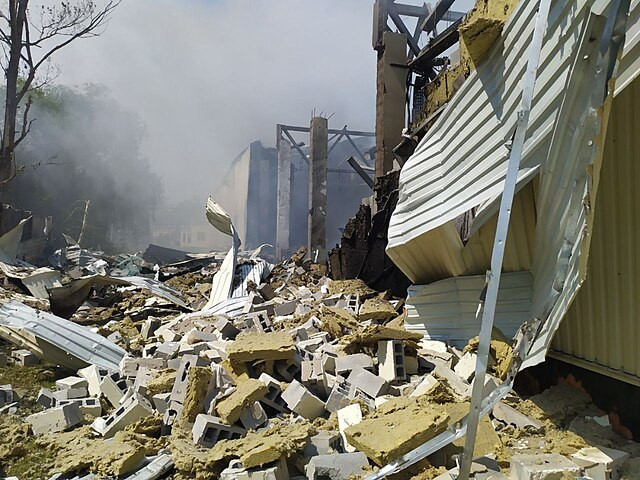A small contingent of North Korean troops has reportedly entered Ukraine, marking an escalation in North Korea's involvement in Russia's war against Ukraine. According to two Western intelligence officials, these troops are already active in the conflict, with expectations that their numbers will increase as more North Korean forces complete their training in eastern Russia and move toward the front lines.
This development comes after the Pentagon confirmed that approximately 10,000 North Korean soldiers are currently training in eastern Russia, with some en route to Russia's Kursk region. Ukrainian forces have held positions inside Kursk since August, creating an active combat zone where North Korean troops are expected to be deployed. While the exact number of North Koreans already on the ground in Ukraine remains unverified by U.S. intelligence, Ukrainian President Volodymyr Zelensky recently indicated that their presence could grow significantly in the coming days.
The U.S. has been playing catchup in confirming North Korea's involvement in the conflict. South Korean officials had previously alleged the presence of North Korean troops in Russia, and U.S. officials were slow to publicly acknowledge the scale of the deployment. Diplomatic and military officials from both the U.S. and South Korea are currently meeting in Washington to discuss the growing relationship between North Korea and Russia, which has seen an increase in military cooperation over recent months.
One significant aspect of the North Korean deployment involves special forces units. Western intelligence assessments suggest that North Korean officials believe their troops possess a combat edge over regular Russian forces due to specialized training. However, there are doubts about the effectiveness of North Korean soldiers, given that their military has not been involved in an active conflict for over 70 years. Intelligence officials also anticipate desertions once North Korean troops encounter the realities of the battlefield, and language barriers are expected to complicate coordination with Russian forces.
South Korean lawmakers, citing intelligence reports, have indicated that North Korean soldiers are being taught basic Russian commands, such as "fire" and "in position," to facilitate their integration into Russian units. However, Ukrainian intelligence has intercepted communications from Russian troops expressing concerns over how the North Koreans will be commanded, supplied, and armed. One intercepted conversation, recorded by Ukraine's Defense Intelligence Agency, revealed frustration among Russian soldiers about the scarcity of commanders and armored vehicles to support the newly arrived North Korean forces.
The intercepted communications also highlighted a chaotic situation within the Russian military as they try to absorb the North Korean troops. In one instance, Russian soldiers complained about the lack of translators and expressed doubts about how to manage the new arrivals. One soldier, in an expletive-filled rant, referred to the North Koreans as "Chinese," illustrating the cultural and communication challenges that have emerged.
While the exact number of North Korean troops inside Russia remains unclear, South Korean intelligence has estimated that approximately 13,000 North Korean soldiers are currently stationed there. The U.S. has revised its own estimate upward from 3,000 to 10,000, but the number could continue to rise. A Western intelligence official warned that the situation remains fluid, with allies and partners actively sharing intelligence to monitor the growing threat posed by North Korean involvement in Russia's war effort.
In addition to troops, North Korea has supplied Russia with significant amounts of military equipment, including approximately 11,000 containers of ammunition and around 2 million artillery rounds, according to a senior NATO official. This influx of support has prompted the U.S. to call on China, which maintains a relationship with North Korea, to exert pressure on Pyongyang to curb its involvement in the conflict. However, Western officials are not optimistic that China will intervene, as Beijing has been a critical enabler of Russia's war efforts by supplying dual-use goods like microelectronics and machine tools that can be used to build weapons.
CNN and Reuters also contributed to this report.




